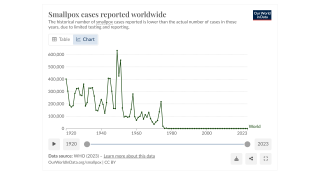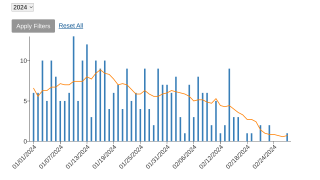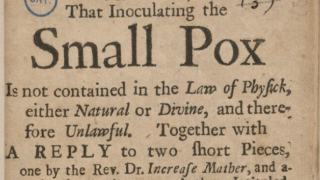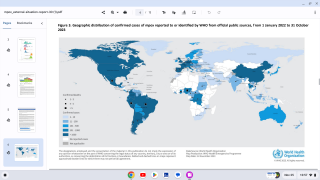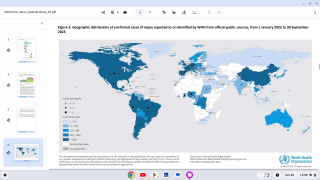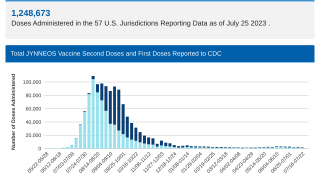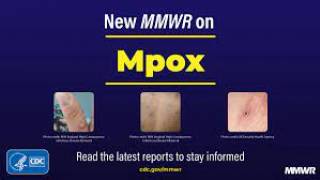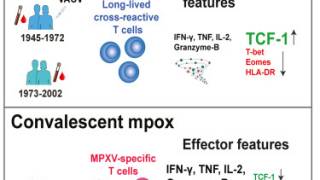Flying With Mpox Found Safe For Fellow Passengers

According to the U.S. Centers for Disease Control and Prevention (CDC), it appears that traveling on a flight with a person infected with the mpox clade 2 virus does not pose an exposure risk or warrant routine contact tracing activities.
In a CDC report (73(35);758–762) published on September 5, 2024, 113 persons traveled on commercial flights while infected with the monkeypox virus (MPXV). Among 1,046 traveler contacts followed by U.S. public health agencies, the CDC identified no secondary mpox cases.
In 2021–2022, 113 individuals traveled on commercial flights while infectious with clade II mpox. The CDC identified no secondary cases among 1,046 traveler contacts followed by U.S. public health agencies.
Crew members serving the cabin where infectious passengers had been seated were considered contacts of those patients. If crew members were determined to be infectious while on duty, fellow crew members who worked the same flights for three or more cumulative hours were also classified as having had exposure.
Passengers were not considered contacts of infected cabin crew members because crew members typically wore gloves and masks during that time. Also, direct interactions with any individual passenger were likely brief.
The CDC says the MPXV has been found to spread among people through direct contact with lesions, scabs, or saliva, via respiratory secretions, indirectly from fomites, via percutaneous injuries, and by crossing the placenta to the fetus during pregnancy.
Relative to clade II mpox, clade I infections have historically been associated with increased transmissibility. However, clade I and II mpox spread similarly, primarily via close physical or intimate contact with infected lesions and less often via infectious respiratory secretions and fomites.
The type of contact most often associated with secondary cases (e.g., sex or sharing bedding) is unlikely to occur on aircraft.
The CDC says limited aircraft contact investigations could be considered for the first probable or confirmed clade I MPXV infections identified in recent air travelers to corroborate equivalent risk with clade 2.
These CDC findings are consistent with those from an investigation of mpox exposures among aircraft contacts conducted by Australia's Victorian Department of Health.
From a prevention perspective, there are now four mpox vaccines offered worldwide. In the U.S., Bavarian Nordic A/S's JYNNEOS® (MVA-BN®) vaccine is commercially available at travel clinics and pharmacies in 2024.
Our Trust Standards: Medical Advisory Committee




